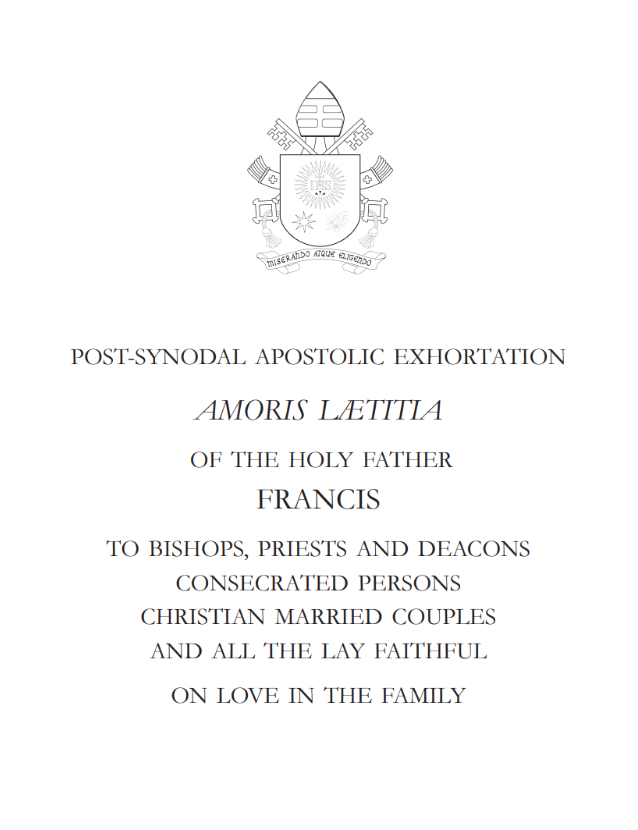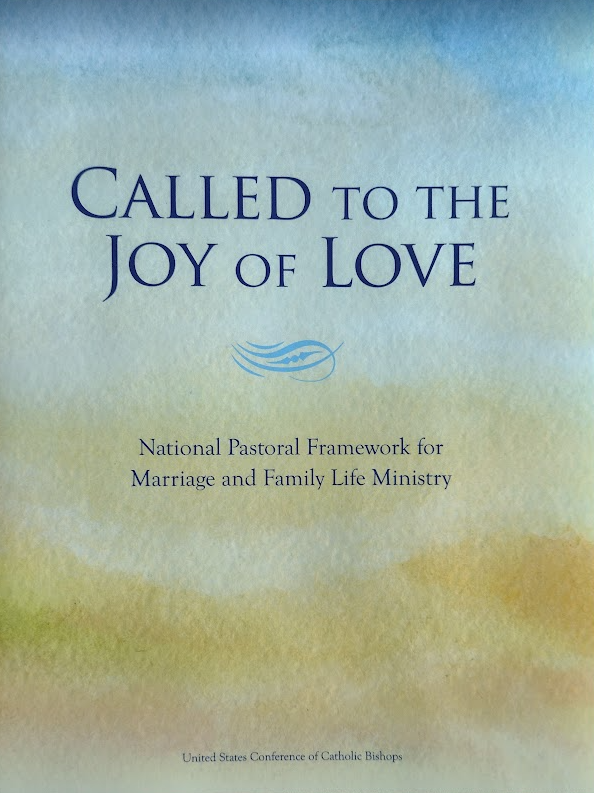Page Summary
- There is no self-made man. The existence of any human being begs the question of how he or she came into existence.
- To do away with family considerations is to do away with the individual itself.
- The many kinds of brokenness in families shouldn’t lead us to erase the importance of the family, but rather to acknowledge family wounds
- Call your mother!
Can an individual person be understood without family relationships?
No, a consideration of each person necessarily implies the person’s family.
Ok, but what does that actually mean?
Listen to this article
Dave hadn’t seen his parents in three years. It wasn’t only the pandemic. He just didn’t feel like he needed to see them. He had nothing in common with either of them, and definitely didn’t want to be around the negativity. Besides, he had made friends who reflected and supported who he was, which made holidays much easier to get through. Maybe he could just… keep it that way. Did he really need to identify as the member of a biological family if he had found his circle?
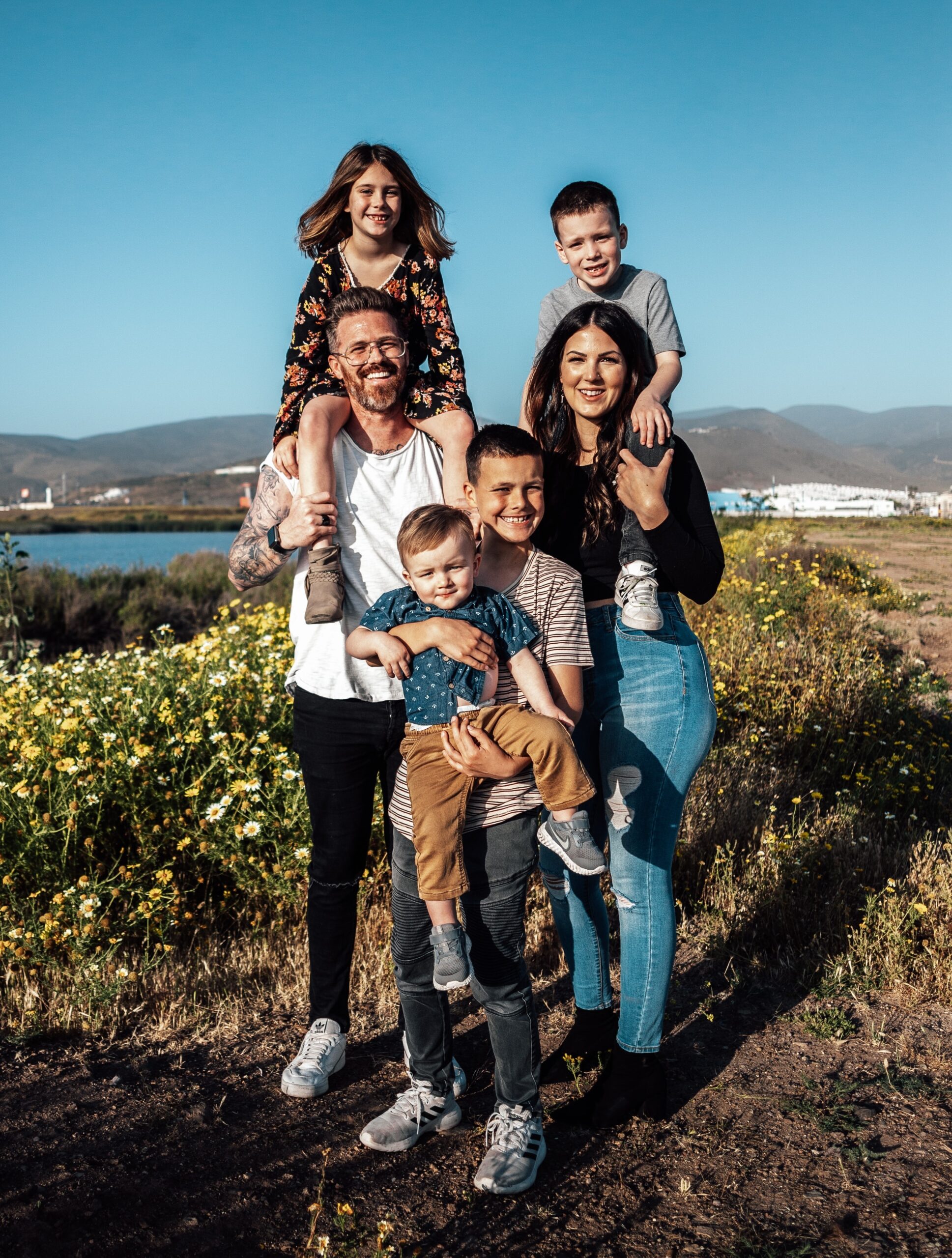
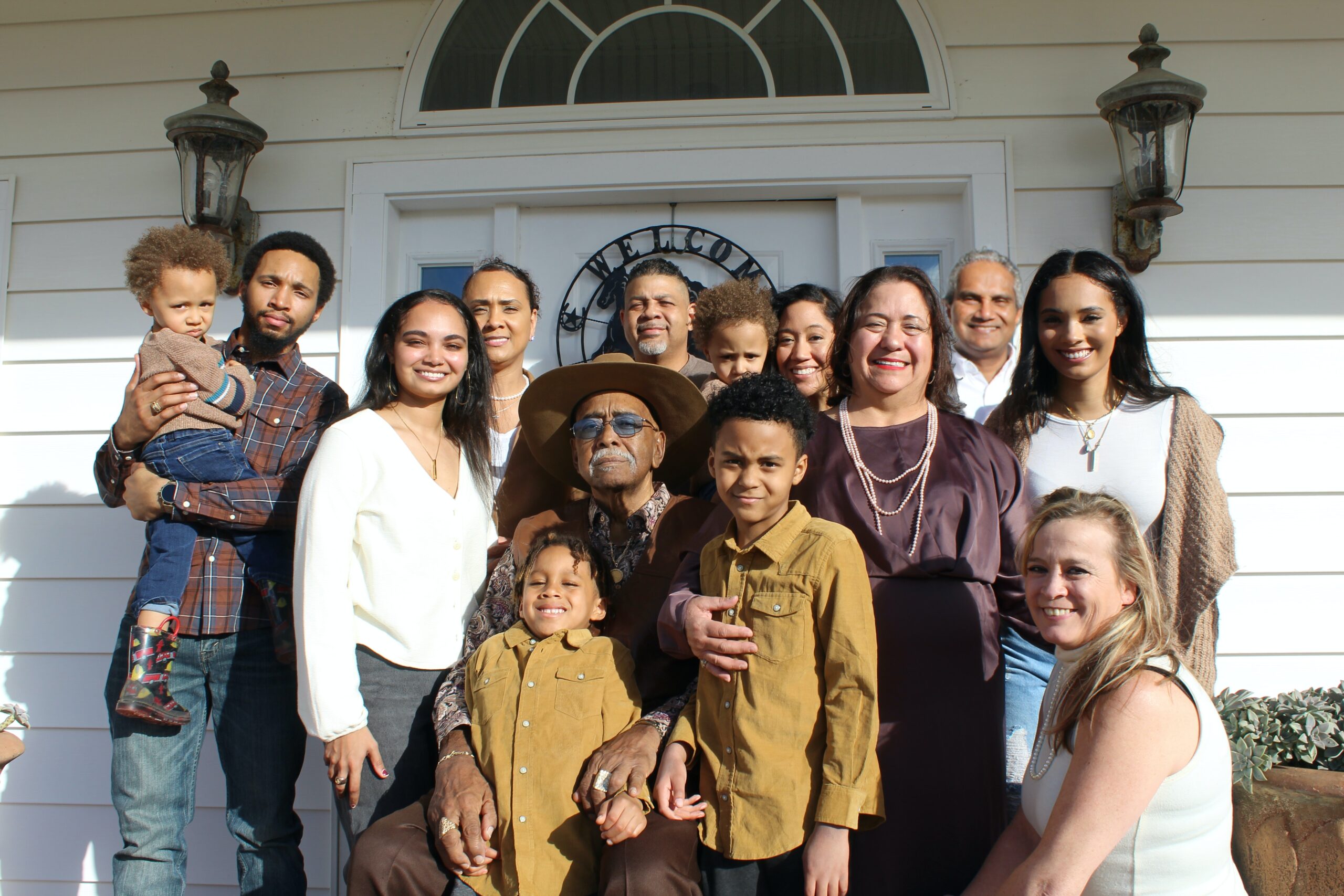
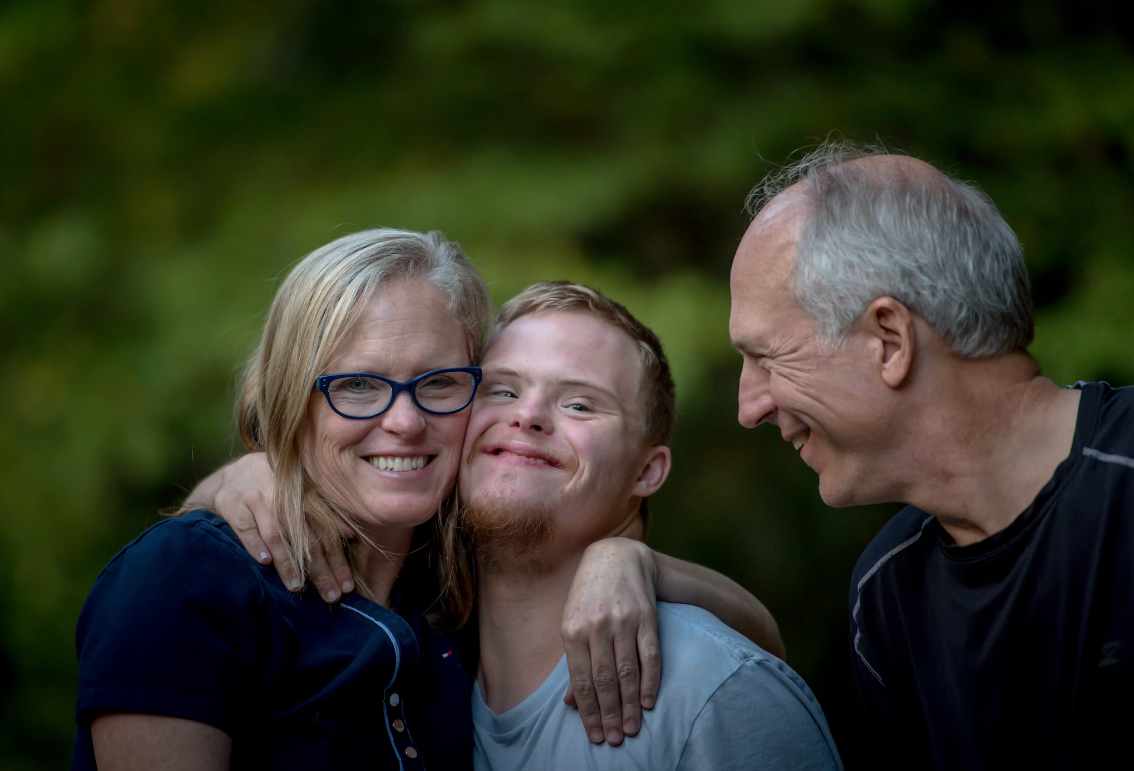
Let’s consider the possibility that we can understand an individual without family relationships. If you were to observe an individual person in isolation from other people for an unlimited amount of time, you would be able to learn a lot. At no point, however, would you be able to learn how that individual came into existence in the first place. All the research in the world would support the same conclusion: there is no self-made man. The existence of a sole human being begs the question of how he or she came into existence.
The act of generating a human requires exactly two: the individual being considered (in this case, Dave) and also a second individual. Not just any other individual either, but one whose sex is opposite to the first (let’s call her Danielle). When the two cooperatively engage in the act of generation and a third comes into being, then and only then does the question of how Dave previously came into being find its answer. The intelligibility of each person’s existence (whether Dave, Danielle, or their child) necessarily depends on at least two others. Actually, it’s four others. Notice how their child’s existence can’t be understood without Dave and Danielle.

All of us are alive today thanks to a relationship, a free and freeing relationship of human kindness and mutual care.
Pope Leo XIV, homily from June 1, 2025
This reality might seem obvious, but it can be obscured in a world where individuals either select communities that reflect their preferences or isolate altogether. Ironically, the conventional family prizes individual choice in a way that radical individualism can’t allow. One way to look at the value of a choice is by the significance of its effect. For example, the choice to move across the country is more important than the choice to drive across town. The family is the result of a choice more momentous than any facing the radical individualist.
Even though Dave didn’t get to choose his parents and siblings, his very being results from the mutual consent of his mother and father to enter into a lifelong, one-flesh union. This is the decisive factor that makes marriage. The most profound choices can’t be made by a lone, autonomous individual. The maximum exercise of true freedom takes place in relationship.

God’s plan for marriage and family life corresponds to the deepest desires of men and women for lasting happiness and true joy.
Called to the Joy of Love, p. 5
The same goes for Dave and his parents whom he hasn’t seen in three years. So really, Dave’s experience of having a child goes hand-in-hand with his experience of being a child of his parents. The ties that bind don’t just bind Dave to others, they hold Dave together as a coherent being. To do away with family considerations is to do away with the individual itself. It’s a package deal: Dave plus his mom, dad, Danielle, and his child. Therefore, the individual is unintelligible without the family.
But what about bad families?
Not every family is as idyllic as Dave’s. The immediate family might lack nearby extended family and a community of friends, contributing to loneliness and isolation. One spouse (more often the husband) might abuse the other. Parents might inflict Adverse Childhood Experiences (“ACEs”), dominate their kids’ lives, or obscure their individuality. Shouldn’t people be able to escape these situations and find comfort with their “found families”?
Of course, nobody should stay in a dangerous environment, and it might be painfully necessary for spouses or children to live separately from their abusers. Furthermore, in a situation where one spouse has been compelled into marriage, they have not had the freedom to give the consent which makes the marriage, likely meaning the marriage was not valid in the first place.
There’s a difference, however, between acknowledging the faults and brokenness in a family and erasing the family altogether. One leads to greater self-understanding, the possibility of healing personal wounds, and more genuine relationship. The other seeks to exclude an essential aspect of a person’s identity.
To make a long story short, Dave should call his mother, and so should you!


